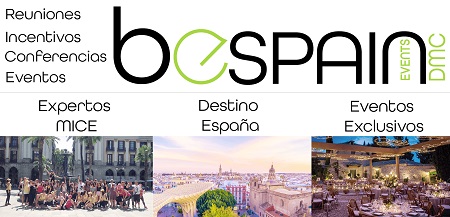
Through the MARES urban transformation project, Madrid City Council has promoted the launch of a new mobility cooperative, Tuk tuk Ecomobility, which seeks to fill the capital with sidecars to transport tourists and goods through the centre.
With the closure of the Central Almond to diesel and petrol vehicle traffic, which was approved in 2017 and comes into force tomorrow, the association of transport cooperatives of Madrid (Trans Coop Madrid) teamed up with the company Nuuk to develop a new mobility model that "in a sustainable way" allows the delivery of packages in the last mile, one of the great challenges of the sector, to serve tourists, explains Juan Villaescusa, president of the transport cooperative Trans Coop during the presentation of the new service. The goods sidecar is called Tuk-tuk and the passenger sidecar is called Webo because of its shape (see photos).
The idea of the project, which has had the institutional and media support of the Consistory directed by Manuela Carmena, is to put in the street at least 150 sidecars in spring 2019 to make home deliveries in the center of Madrid of package companies, such as Seur, and municipal markets, with which they are already signing agreements, and to make tours of one hour or more through the center. This service is already available in Lisbon, where there are around 1,000 tuk-tuks. Thus, the cooperative seeks to make it very clear that passenger transport is not called to compete with the taxi since, although it can be contracted through an application or at street level, it cannot be used by the minute or for micro journeys.
The sidecars (motorbike with a vehicle attached to the side) are one hundred percent electric and can have a range of up to 300 kilometers depending on the number of batteries that are put. The design and construction of the motorbike and the cabin are by Nuuk, which is making delivery motorbike for Seur, with Bosch technology. "The sidecar has been chosen because it is the most stable three-wheeled vehicle available and the motorcycles turn on their own axle. They are very functional for the city and the cabins are very comfortable and with a lot of space and visibility", explains Martín Calzada, project manager at Nuuk. The delivery sidecar can transport between 350 and 400 kilos and offers the option of carrying refrigerated products. On the other hand, the passenger sidecar is for two people, has space for suitcases and option for wheelchairs.
The project was born in the Central Almond but has the vocation of moving to other cities in the medium term.
Self-employed
Like almost all mobility companies that are emerging in recent years, the project seeks to build on a basis of freelancers. The firm has been set up as a business services cooperative that takes care of the activity, seeks agreements with partners (logistics and hotels) and provides financing facilities to purchase vehicles and enables a center for recharging energy storage of the rooms.
Thus, the cooperative members, who will be self-employed, will have to acquire the vehicle and will be responsible for all the income and expenses generated by the activity. Likewise, the cooperative members will not have exclusivity and will be able to close agreements or work for the client they want.
Credits https://www.eleconomista.es/empresas-finanzas/noticias/9552614/11/18/Carmena-llenara-Madrid-de-sidecares-para-transportar-turistas-y-mercancias.html


